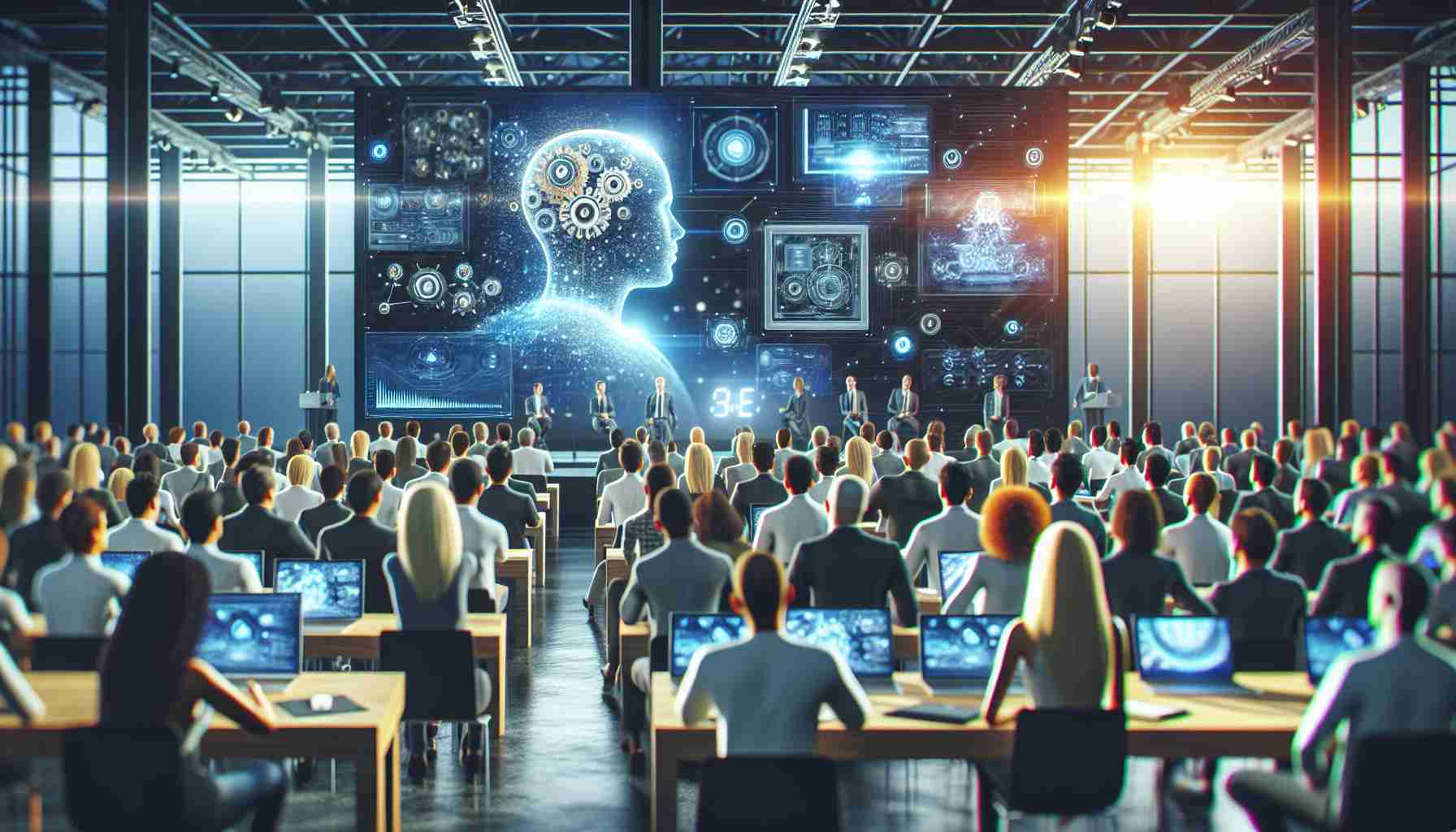Exploring the Future of Computing with Microsoft’s AI Innovations
Microsoft is poised to unveil its vision for AI-enabled personal computers during its upcoming developer conference Build, scheduled from May 21 to 23. CNBC has reported the technology giant’s plans to reveal the intersection of hardware and software designed expressly for artificial intelligence and machine learning capabilities in PCs. These computers typically come equipped with a central processing unit (CPU), graphics processing unit (GPU), and a dedicated neural processing unit (NPU) for AI computations.
Through its Build conference, Microsoft is expected to leverage its massive Windows user base and showcase how AI is being integrated into this popular operating system. This move comes approximately a week after OpenAI, known for developing ChatGPT, introduced a new AI model, and Google revealed new features powered by its most advanced AI model. Microsoft, a significant investor in OpenAI, bases its AI model CoPilot on OpenAI’s technology framework.
Earlier in the year, Microsoft CEO Satya Nadella predicted that AI would become an essential feature of all PCs. Progressing in this direction, the company released PCs and laptops in March with a dedicated CoPilot button integrated into their keyboards. Meanwhile, major semiconductor companies like Intel, AMD, and Qualcomm are advancing their chips designed for AI PCs. Qualcomm’s offerings, notably, run on an ARM-based architecture, which differs from Intel and AMD’s solutions. The next version of Windows is expected to operate based on Qualcomm chips, highlighting different operational aspects from those of Intel and AMD Windows versions.
Additionally, Microsoft plans on introducing ‘Cobalt 100’, an AI semiconductor developed in-house, during the Build conference. Cobalt 100, a high-performance computing CPU unveiled in November last year, is engineered for cloud services, promising 40% better performance than other ARM-based chips in the market.
Microsoft’s AI division lead Mustafa Suleyman, a co-founder of the well-known DeepMind ‘AlphaGo’ project and former CEO of DeepMind alongside Demis Hassabis, is slated to explain Microsoft’s AI strategy at the conference. Since founding another AI startup, Infillion AI, and joining Microsoft in March, Suleyman has been supervising the development of a new AI language model titled ‘MAI-1’, crafted to compete with Google and OpenAI’s advancements.
Key Questions and Answers:
1. What is the significance of Microsoft unveiling its vision for AI-powered PCs at the Build conference?
Microsoft’s initiative to unveil its vision for AI-powered PCs at the Build conference represents an important strategic move to integrate AI more deeply into personal computing. By leveraging its Windows user base, Microsoft aims to set the stage for the future of computing, where AI becomes a fundamental component of the PC experience.
2. What are the potential benefits of a dedicated neural processing unit (NPU) in PCs?
NPUs are designed to handle AI and machine learning workloads more efficiently than traditional CPUs or GPUs. This can lead to faster processing of AI-driven tasks, such as voice recognition, image processing, and real-time language translation, without bogging down the system’s overall performance.
3. What challenges might Microsoft face with the integration of AI into personal computers?
One challenge includes ensuring the seamless operation of AI features across diverse hardware configurations, as well as addressing potential privacy and security concerns related to AI processing of user data. Moreover, there might be scepticism or resistance from users who are accustomed to traditional non-AI PCs or are wary of new technology’s implications.
Key Challenges or Controversies:
Implementing AI features that genuinely enhance user experience without compromising system performance or user privacy can be a delicate balance. There is also the potential for controversy regarding the ethical use of AI in consumer products and the implications of AI decisions on user autonomy.
Advantages and Disadvantages:
Advantages:
– Enhanced performance for AI-related tasks.
– Potential for new functionalities that can revolutionize how we interact with PCs.
– Provision of a more personalized and efficient computing experience tailored to individual needs.
Disadvantages:
– Risks related to data privacy and security, given the increased data processing that AI entails.
– Possible increased cost of PCs due to the integration of specialized hardware like NPUs.
– Need for software developers to adapt or redevelop applications to fully utilize the AI capabilities of the hardware.
Related Links:
Here are a few links to the main domains of relevant organizations and technologies mentioned:
– Microsoft: Microsoft
– OpenAI (developer of ChatGPT): OpenAI
– ARM Architecture: ARM
– Intel: Intel
– AMD: AMD
– Qualcomm: Qualcomm
It is clear that Microsoft is gearing up to position itself at the forefront of the AI revolution in personal computing, a move that will have far-reaching implications for both users and developers in the ecosystem.
